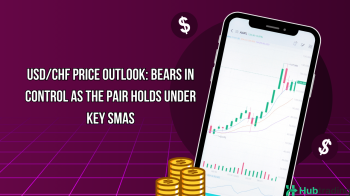A common mistake among novice forex traders is failing to evaluate the type of market they are operating in and adjust their strategies accordingly. Much like Navy SEALs and Army Rangers, who are trained to carry out missions in diverse environments—such as deserts, swamps, jungles, tundras, or oceans—traders need to adapt to different market conditions. Without this adaptability, their effectiveness is limited; they may struggle to succeed in unfamiliar market conditions, much like a soldier in white winter camouflage attempting to blend into a dark green jungle.
The first lesson soldiers learn is how to assess their environment and determine which tactics and strategies from their skill set will be effective. The same applies to new traders. Instead of geographic environments, you must evaluate the market conditions you are in and choose the right strategies accordingly. Markets are constantly changing; what drives price action today, this week, or this year will likely differ next year, next week, or even tomorrow. In forex trading, you must be as flexible and adaptable as possible, adjusting to changing conditions, whether in ranging or trending markets. It is essential to quickly change your bias on price direction as new information, such as economic reports or political events, emerges.
To achieve this flexibility, you need short-term memory and the willingness to be open to change. Short-term memory means starting each trade fresh, without preconceived notions of what will lead to success or failure. Being open to change means adapting your opinions as needed. Flexibility is crucial not only for survival in nature but also in the markets. No individual trader is stronger than the collective forces of the market. Don’t let yesterday’s trades dictate today’s decisions; strategies that worked yesterday may fail today. Clinging to outdated opinions will only lead to losses when the market proves you wrong.





